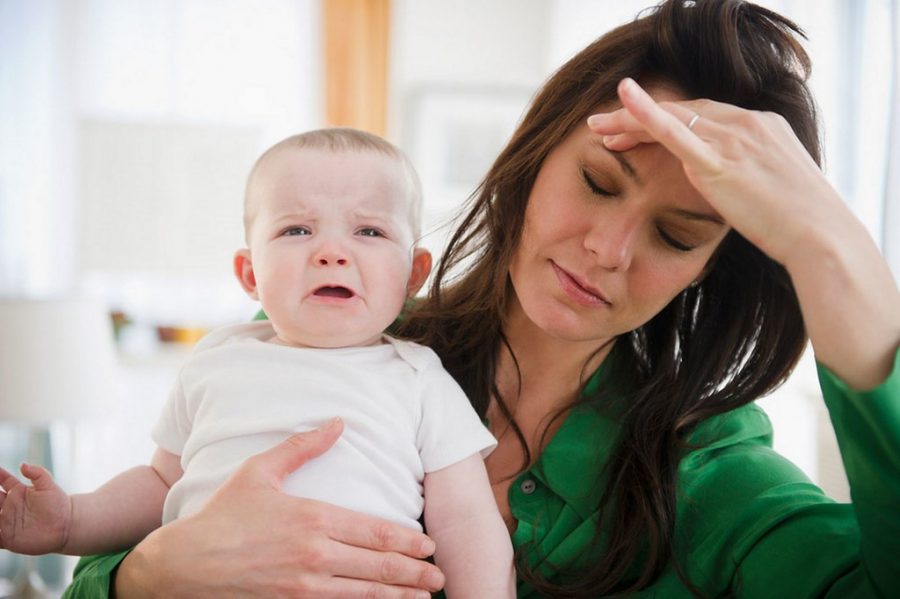Women in the pandemic
The pandemic has been difficult for everyone, but experts agree that women have felt it worse
March 28, 2021
No one can deny that the pandemic has had a negative effect on people globally; however, women have been especially hard-hit. The pandemic has exposed problems that we should address about women’s roles in society.
Women are the majority in many of the sectors that have been hit hardest by the pandemic. According to McKinsey and Co., “female jobs are 19 percent more at risk than male ones simply because women are disproportionately represented in sectors negatively affected by the COVID-19 crisis.” Female-dominated domestic work, retail work and teaching have all had job losses or changes at higher rates than other areas.
The extra responsibilities of childcare and housework also fall on women due to traditional gender roles and expectations. Women “do an average of 75 percent of the world’s total unpaid-care work, including childcare, caring for the elderly, cooking and cleaning.”
These responsibilities coupled with fewer childcare options can force women to make the difficult decision to leave their jobs or stay out of the workforce when they lose them. At the very least, many have to sacrifice much-needed personal time. Though this may not sound significant, it is another reason women are falling behind due to the pandemic.
Many teachers at RV, especially female teachers, have had to make some significant changes to adapt to the situation.
Cheryl Alspach, an RV social studies teacher, said, “Especially for teachers, we’re with kids all day taking care of them, meeting their needs while we’re at work and we get home and do the same thing, and we just don’t make the time for ourselves.”
Mental health has been a prevalent issue during the pandemic, and childcare is yet another stressor for women. A study by the international non-profit CARE found that “27% of women had reported increases in challenges in relation to mental illness. This compared to 10% of men.”
“In August and September, I was so stressed because I was completely responsible for figuring out what I was going to do with my kids when my husband and I returned to work,” Kim Pope, a French teacher at RV, said. “So although I didn’t have to make any career shifts or do anything super drastic, the weight of the stress of figuring out who would care for my kids fell completely on my shoulders.”
Even though women have achieved significant progress toward equality, the common expectation of a woman’s sole responsibility for their children is still a problem.
The pandemic has been a huge setback for women due significantly to traditional gender roles. Society needs to stop looking to women to be the sole homemakers and consider how to move toward equality for women in all areas of life.






